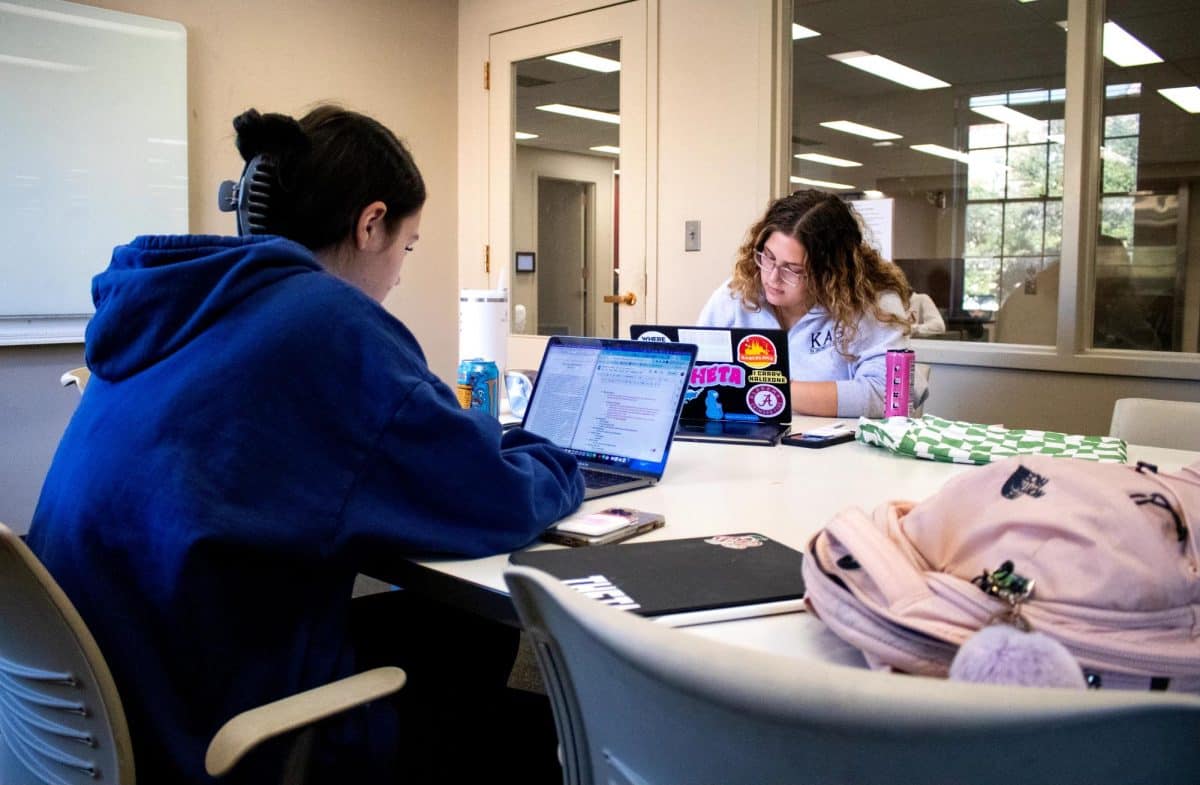On the other side of the world, thousands of miles from Tuscaloosa, one of the strongest storms in recorded history spiraled directly across the Pacific Ocean and crashed into the heart of the Philippines, forever altering the lives of millions. The U.N. and Filipino government estimate more than 9.5 million people have been affected by Typhoon Haiyan and thousands of people have been displaced from their communities. We are unable to fully comprehend the magnitude of such destruction, but all of us are capable of responding to it with the selflessness needed to assist those who have lost everything.
One of the first questions asked after a tragedy is “How can I help?” Many of us want to help but do not know where to start, and so one of the fundamental issues after a disaster is learning how to channel good intentions into the greatest amount of productivity for an affected community. In this case, one of the most effective ways one can help is to directly aid the efforts of Philippines-based organizations that aim to provide direct relief to those affected. The Philippines Red Cross is one of the main organizations working on the ground to assist those affected, and there are hundreds of others looking to carry out the same mission. The Asian Pacific American Labor Alliance has a comprehensive online list of relief aid funds one can turn to for assistance.
Monetary donations are critical during this time, but we cannot allow them to ease us into a cycle of donating and forgetting the reason why we did so to start with, and so Typhoon Haiyan shifts the spotlight to a larger issue.
As a nation, how likely are we to react to a disaster if those affected are not part of a larger American collective? If a tragedy affects millions of people abroad, it seems to be seen in a lesser light than one that affects a dozen of Americans here in the states, and so our empathy appears tied to geographic proximity or the nationality of those affected. The suffering of those abroad cannot be seen as inferior to that of those in the states. All tragedies must be grieved equally and receive a corresponding response.
A double standard in how we respond to human tragedies results in the devaluation of millions of lives and also in the erosion of empathy so many of us need. If it were not for geographic location, the tragedies that tore apart our communities could have been seen quite differently, and being cognizant of the fact is a critical part of digesting how we should respond to the suffering of others elsewhere.
How would Hurricane Katrina, the Newtown shooting, the Boston marathon bombing, or the April 27, 2011, tornado have ended if they had taken place thousands of miles away? Distance should be no prerequisite for the compassion felt toward others nor should it limit our response to the suffering of individuals on opposite ends of the globe.
We can all take action to help those affected in the Philippines. Humanitarian responses are pouring in from all corners of the earth. The U.S. has pledged $20 million, Japan has pledged $10 million, and even IKEA has pledged $2.7 million for relief aid. The Philippines has suffered immeasurable loss of life and emotional tolls we will probably never experience, but we can take steps to lessen the heartache of those in need. A friend of mine told me, “Tumulong po kayo.” In Filipino it means “Please help.”
Victor Cuicahua is a freshman majoring in journalism. His column runs biweekly on Mondays.








